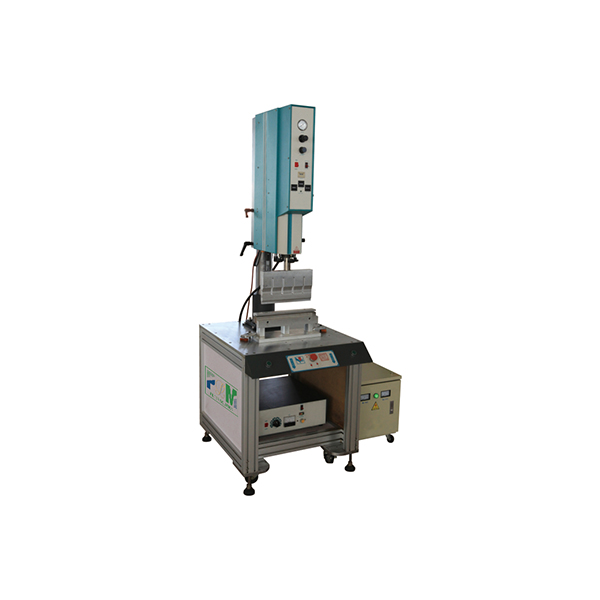Oct . 12, 2024 14:03 Back to list
Top Rated Cabin Air Filters for a Cleaner Driving Experience
The Best Cabin Air Filter Enhancing Your Driving Experience
When it comes to car maintenance, many drivers overlook the importance of a cabin air filter. However, this small component plays a significant role in ensuring a comfortable and healthy driving environment. A quality cabin air filter can drastically improve the air quality inside your vehicle, making your commute more enjoyable and safer.
What is a Cabin Air Filter?
A cabin air filter is designed to trap dust, pollen, smoke, and other airborne particles before they enter the cabin of your vehicle. Typically located behind the glove compartment, this filter works in tandem with the vehicle’s heating and air conditioning system to provide clean, filtered air. Over time, cabin air filters can become clogged with debris, which can affect the performance of your ventilation system and decrease air quality inside the vehicle.
Why is a High-Quality Cabin Air Filter Important?
1. Health Benefits Driving exposes you to pollutants and allergens that can lead to respiratory problems, particularly for those with allergies or asthma. A high-quality cabin air filter captures these harmful particles, improving your overall health and well-being while driving.
2. Enhanced Comfort A clean cabin air filter ensures that your vehicle's climate control system operates efficiently. This means you can enjoy consistent temperatures without unpleasant odors or irritants circulating in the cabin.
4. Optimal HVAC Performance Clogged filters can hinder the performance of your heating, ventilation, and air conditioning (HVAC) system. By investing in a top-notch cabin air filter, you ensure the HVAC system runs smoothly, which can further prolong its lifespan.
best cabin air filter

Choosing the Best Cabin Air Filter
Selecting the best cabin air filter involves considering various factors. Here are some tips to help you make an informed decision
1. Consider Filter Material There are generally two types of cabin air filter materials—activated carbon and standard particulate filters. Activated carbon filters can absorb odors and harmful gases, making them ideal for urban driving conditions.
2. Check Compatibility Ensure the filter is compatible with your vehicle make and model. Always consult your owner’s manual or a trusted mechanic for recommendations on the right filter.
3. Brand Reputation Opt for filters from reputable manufacturers with positive customer reviews. Brands such as HEPA, K&N, and Mann-Filter are known for their high-quality products that deliver exceptional performance.
4. Maintenance and Replacement Regular maintenance is crucial. Most manufacturers suggest replacing the cabin air filter every 12,000 to 15,000 miles, but this can vary based on your driving conditions. If you frequently drive in urban areas or on dirt roads, you may need to replace your filter more often.
5. Price vs. Quality While it may be tempting to go for the cheapest option, investing in a quality cabin air filter will pay off in terms of health benefits and improved air quality in your vehicle.
Conclusion
A cabin air filter might seem like a minor component, but its impact on your driving experience cannot be overstated. By ensuring that you have the best cabin air filter installed, you are not only enhancing your comfort but also maintaining a healthier environment inside your vehicle. Make it a point to regularly check and replace your cabin air filter as needed to enjoy a fresher, cleaner ride. A small investment in this essential part can lead to significant improvements in your driving experience. So, take action today for a healthier tomorrow on the road!
-
Active Carbon Air Filter for Air Purifier – Superior Odor & Allergen Removal
NewsJul.24,2025
-
High-Efficiency Active Carbon Air Filter for Air Purifier | Odor & Allergen Removal
NewsJul.23,2025
-
Active Carbon Air Filter for Air Purifier – High Efficiency Filtration Solution
NewsJul.22,2025
-
Durable Sintered Porous Metal Filter Tube Cup & Machines
NewsJul.22,2025
-
Effective Active Carbon Air Filter for Purifiers | Eliminate Odors
NewsJul.21,2025
-
PLJT-250-25 Full-auto Turntable Clipping Machine | Efficient Automation
NewsJul.20,2025
